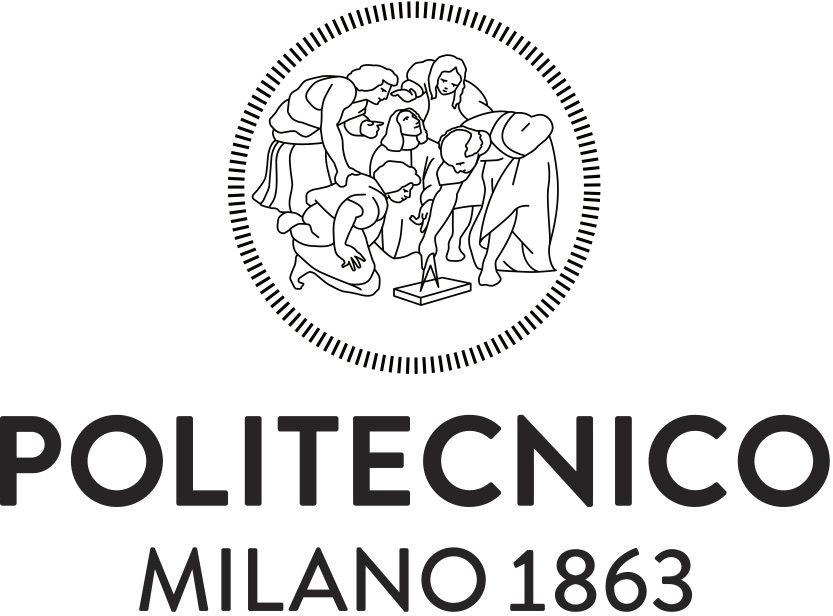Cognification is the application of knowledge to boost the performance and impact of any process.
It is recognized as one of the 12 technological forces that will shape our future. We are flooded with data, ideas, people, activities, businesses, and goals. But this flooding could even be helpful.
The thesis of our paper is that cognification will also revolution in the way software is built. In particular, we discuss the opportunities and challenges of cognifying Model-Driven Software Engineering (MDSE or MDE) tasks.
MDE has seen limited adoption in the software development industry, probably because the perception from developers’ and managers’ perspective is that its benefits do not outweigh its costs.
We believe cognification could drastically improve the benefits and reduce the costs of adopting MDSE, and thus boost its adoption.
At the practical level, cognification comprises tools that go from artificial intelligence (machine learning, deep learning, as well as human cognitive capabilities, exploited through online activities, crowdsourcing, gamification and so on.
Opportunities (and challenges) for MDE
Here is a set of MDSE tasks and tools whose benefits can be especially boosted thanks to cognification.
- A modeling bot playing the role of virtual assistant in the modeling tasks
- A model inferencer able to deduce a common schema behind a set of unstructured data coming from the software process
- A code generator able to learn the style and best practices of a company
- A real-time model reviewer able to give continuous quality feedback
- A morphing modeling tool, able to adapt its interface at run-time
- A semantic reasoning platform able to map modeled concepts to existing ontologies
- A data fusion engine that is able to perform semantic integration and impact analysis of design-time models with runtime data
- A tool for collaboration between domain experts and modeling designers
A disclaimer
Obviously, we are aware that some research initiatives aiming at cognifying specific tasks in Software Engineering exist (including some activities of ours). But what we claim here is a change in magnitude of their coverage, integration, and impact in the short-term future.
If you want to get a more detailed description, you can go through the detailed post by Jordi Cabot that reports the whole content of the paper.


2 thoughts on “A Vision towards the Cognification of Model-driven Software Engineering”